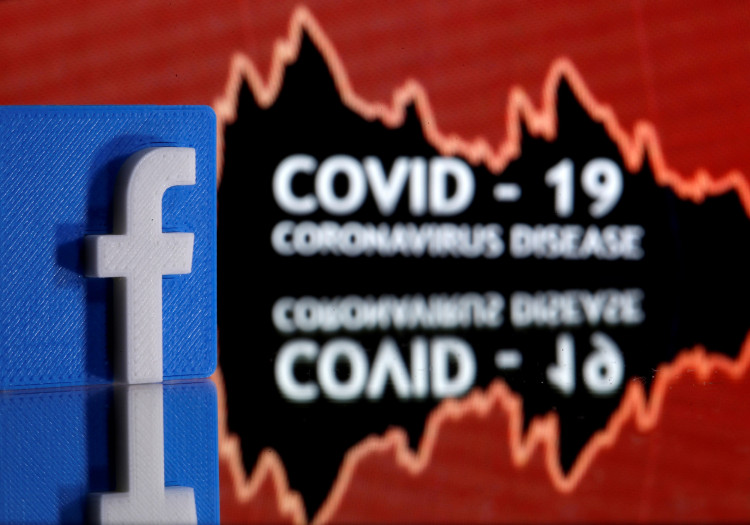The internet has amassed a hoard of fake coronavirus information and unfortunately, a lot of people fall for it. In times like these, it's critical we all practice "information hygiene."
Here's how you can help stop fake COVID-19 news from going viral:
If you're unsure, don't share
Most people, if not all, only read the headlines and share the post outright without even fact-checking. Don't share things if you're not entirely sure if it's true --you might be doing more harm than good.
Check the source
Before anything else, check who and where the information is from. To be safe, only share posts from reliable sources such as the World Health Organization, the NHS, the Centers for Disease Control and Prevention, or your local health organization.
Don't fall for emotional posts
People are more likely to share information if they find it relatable. It's the stuff that hits the heart that goes viral, whether it triggers happiness, anger, fear, or anxiety.
That being said, be wary of clickbait headlines. These are titles that call for urgent action or have exaggerations in them, like "You won't believe what this plant can cure! (Number 8 cures coronavirus!)" or "Click Here To Know Shocking Facts About COVID-19."
Practice fact-checking
Not all that's included in one long post is true just because you saw one that's been proven a fact. To make sure you're not falling for fake information, check each point individually, again from reliable sources.
Consider biases
Before clicking the share button, ask yourself why you decided to do so. Is it because it's a fact, or simply because you agree with it?
People are highly opinionated, and while it is each person's right to express himself, we must not allow our emotions to get mixed up, especially when it comes to COVID-19 information.
According to Carl Miller of the Center for the Analysis of Social Media at Demos UK, people are prone to sharing posts that reinforce their existing beliefs. We're most vulnerable when our emotions are involved, so it's important to search for clarity before sharing a piece of news.
Think, think, and think
Because we so badly want to protect our family and friends, every information we get is quickly shared without thinking about its implications. According to experts, the most effective way to combat misinformation is to simply stop and think. Don't hurry into spreading information without fact-checking first.






